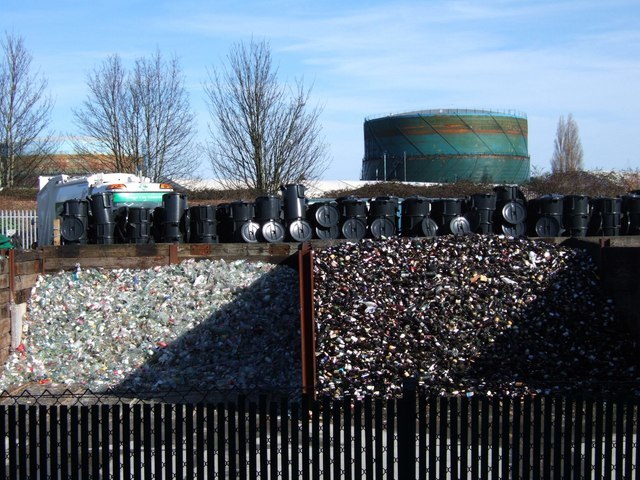Researchers in Thailand have developed an electrothermal heating technology based on microwaves to separate glass in solar modules at the end of their lifecycles.
“Microwave is competitive price-wise due to the production on a large industrial scale of magnetrons and electronic controls,” the scientists said, noting that the technology can provide heat uniformly, so it does not harm the glass or the rest of the components in solar panels.
The system initially uses electromagnetic waves to heat the panels. It then conveys the generated heat from the silicon to the ethylene vinyl acetate (EVA) layers for delamination.
In their first tests, the academics used the process by applying an internal temperature to process the separation process ranging from 45 C to 55 C and a power of 100 W for two minutes. They achieved a separation force with a different area of glass and saw it increase depending on larger areas.
“After heating the PV panel with a microwave, the results showed that removing the glass panel could be conveniently conducted easier than a non-heated panel by about 50% to 60% of the force,” they said. “The adhesive strength of EVA was lowered after a microwave heating process after demonstrating that the approach allowed for easy separation of broken glass from the PV panel.”
Higher process temperatures could improve the overall recycling process and the removal of those components from the PV laminate, while retaining the integrity of the solar module. It might also enable the removal of all glass parts from the sample surface.
pv magazine print edition
The scientists presented the new technology in “Glass separation process for recycling of solar photovoltaic panels by microwave heating,” which was recently published in AIP Conference Proceedings. The research team includes scientists from Kasetsart University, Mahidol University, and Chiang Mai University.
“In summary, the microwave frequency appeared to be an attractive option for delaminating expired or damaged PV panels,” they concluded.
This content is protected by copyright and may not be reused. If you want to cooperate with us and would like to reuse some of our content, please contact: editors@pv-magazine.com.




1 comment
By submitting this form you agree to pv magazine using your data for the purposes of publishing your comment.
Your personal data will only be disclosed or otherwise transmitted to third parties for the purposes of spam filtering or if this is necessary for technical maintenance of the website. Any other transfer to third parties will not take place unless this is justified on the basis of applicable data protection regulations or if pv magazine is legally obliged to do so.
You may revoke this consent at any time with effect for the future, in which case your personal data will be deleted immediately. Otherwise, your data will be deleted if pv magazine has processed your request or the purpose of data storage is fulfilled.
Further information on data privacy can be found in our Data Protection Policy.